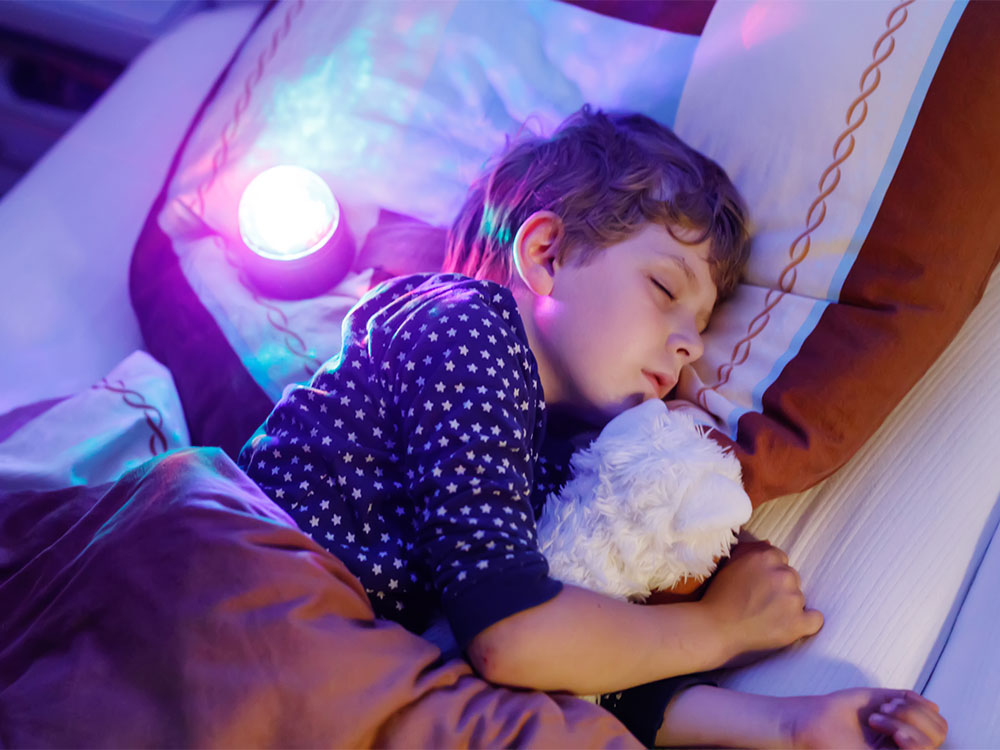As a culture, we commonly fail to recognize the importance of sleep, due to the fact that experts agree that it's essential for improving brain health. The single most effective thing you can do every day to restore your brain and bodily fitness is to sleep. Many studies in children have revealed that youngsters who get sufficient sleep on a regular basis increase their focus, attention, and concentration, as well as their memory, mood, immune function, school performance and behavior, and overall mental and physical health.
The American Academy of Sleep Medicine and the National Sleep Foundation recommend that 5-year-olds need 10 to 13 hours of sleep each day, but Pediatrics research found that at least 10 hours of continuous nighttime sleep seems to be the golden number in terms of Kindergarten & Preschool success.
Read on to discover more about the value of sleep and how it may help your child's Preschool Centre learning and development.
What Happens If Kids Don't Get Enough Sleep?
Every parent is aware that when their kid lacks sleep, they might become irritable or restless. In addition to this, tiredness might affect your child's ability to pay attention, reducing their preschool learning performance. Minimal sleep limitations might also have a serious effect on your child's daily life. Inadequate sleep also raises impulsivity in children, resulting in negative behavioral problems and health risks.
How Much Sleep Do Children Need
While sleep habits and behaviors differ from child to child and at different ages, the list below provides general guidance for the total amount of sleep your child should need every day.
- 16 hours for newborns (0-1 year)
- Toddlers should sleep for 11 to 14 hours (ages 1-2 years).
- Preschoolers need 10 to 13 hours of sleep every day (ages 3 to 5).
- 9 to 12 hours every day for students (aged 6 to 12).
- Teenagers: 8 to 10 hours (ages 13 to 18)
It is common for some children to sleep one to two hours longer or shorter than the recommended amount; after all, everyone has different genetic and physiological demands.
The Advantages of Your Preschooler Getting Enough Sleep
A preschooler's brain prefers to utilize sleeping hours to organize the information received during the day. As a result, individuals are able to retain the knowledge they have received for a longer period of time. Aside from obtaining enough sleep at night, an additional study has revealed that napping is essential for memory consolidation, executive attention, and motor skill development.
A good night's sleep improves your child's ability to behave, focus, and remember. All of these characteristics can assist your child in being a great learner. Poor or inadequate sleep can impair focus and memory, making it difficult for your kid to study.
Children that are sleepy have trouble focusing during the day. Furthermore, remembering is a component of learning. When the child is sleepy, it is more difficult for him or her to notice and remember fundamental skills like how to spell, perform simple math calculations, or engage in everyday Full Day Preschool activities.
Healthy sleeping routines for young children:
There are various things you can do as a parent to ensure your child gets enough sleep. Some examples are
- Maintaining a consistent bedtime schedule throughout the day and night. Also, aim to have the same wake-up hour during the week and on weekends.
- Early school-age children should go to bed around 9 p.m., with a wake-up time around 7 a.m., for a full 10 hours of nighttime sleep. Naps should be counted as extra time, not toward the 10-hour target.
- Children should avoid all devices, including TVs, iPads, and phones, at least 30 minutes before bedtime.
- Parents and caregivers should be involved in their child's bedtime rituals, keeping them as regular as possible night after night. That may look like a bath after dinner, followed by reading before bed.
- Parents' and children's sleep schedules are often in coordination, parental sleep habits must also be monitored.
- Limit their food and drink consumption before going to bed. You should also make certain that the bedroom is quiet, dark, and comfy for sleeping.
"Good sleep hygiene [e.g., regular bedtime rituals, limiting screen usage, and bedtimes before 9 p.m.] may be just as essential for children's well-being as it is for adults," says the study.
You can help your child realize their full learning potential by following these simple steps.
Final Words
A child's learning and growth depend on enough sleep. Sleep improves Preschool Centre and kindergarten performance and encourages a healthy lifestyle. Parents should prioritize nighttime in their families by establishing consistent bedtimes and routines. When children get enough rest, they are much more likely to grow. Above is a brief guide for you about sleep importance for preschool and kindergarten children.


Comments
Post a Comment